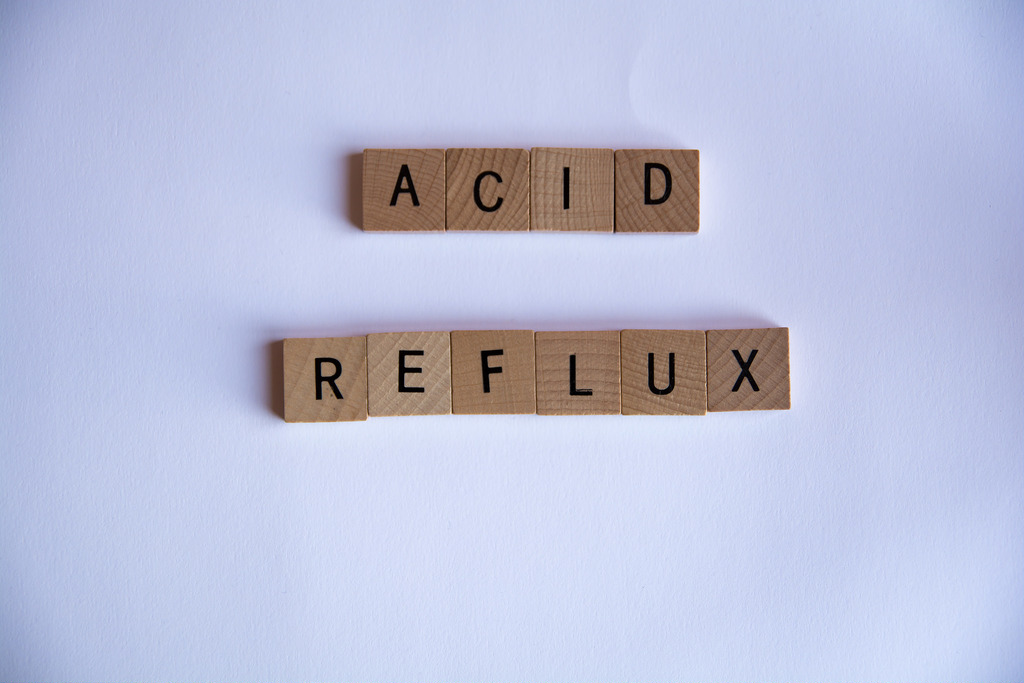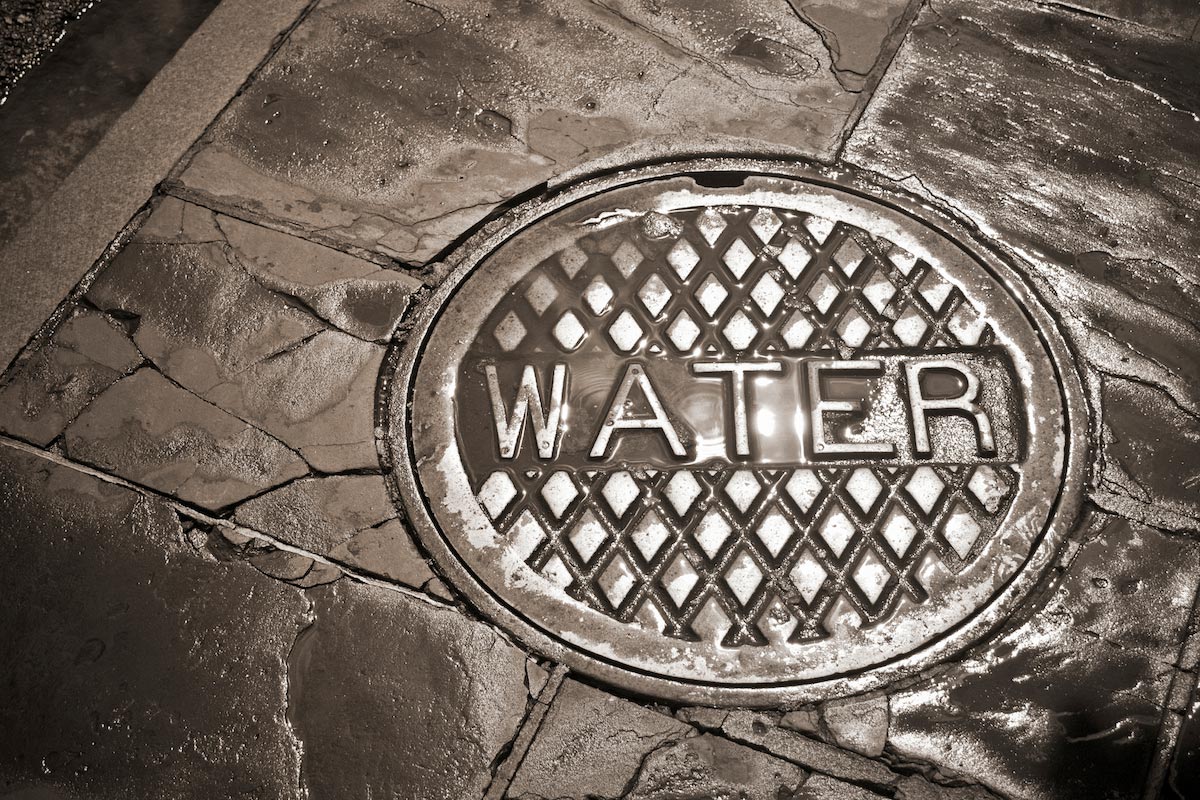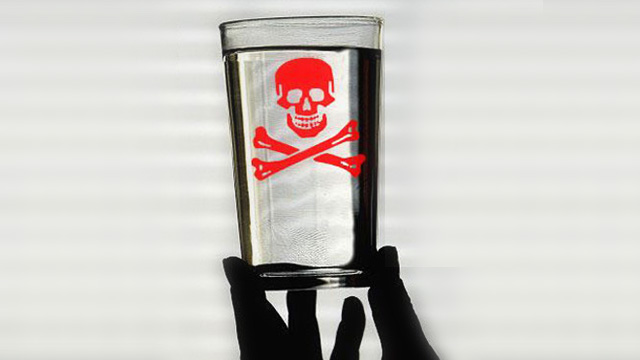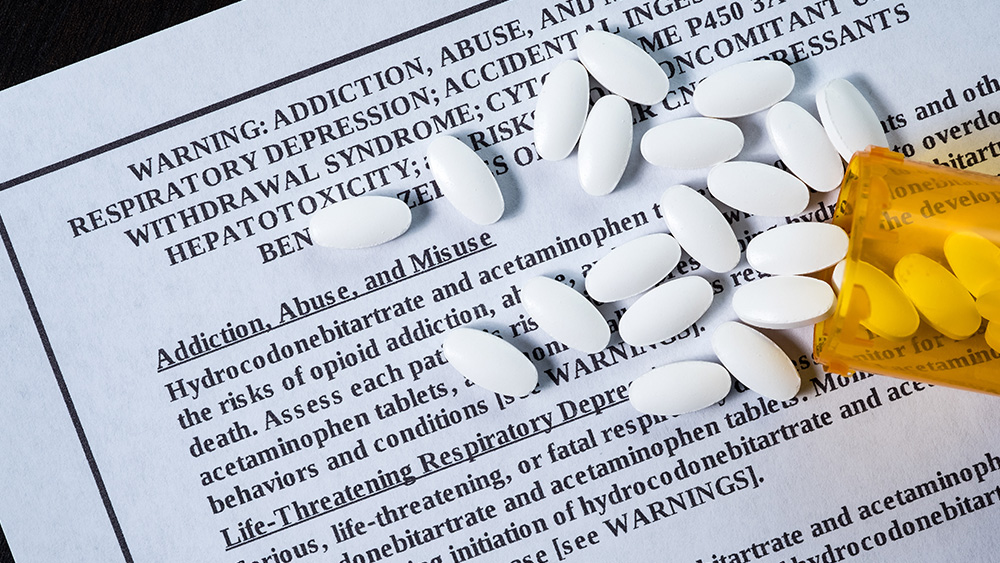PPIs (acid reflux drugs) linked to serious and sudden kidney damage
01/15/2019 / By Isabelle Z.

If you suffer from heartburn, you might be willing to do whatever it takes to get relief from the discomfort – but if you’re taking heartburn medication, you could end up experiencing something far worse: severe kidney damage.
That was the finding of a new study carried out by researchers from the Washington University School of Medicine in St. Louis. The study, which was published in the journal Kidney International, discovered that the problem was quite widespread, with more than half of the 125,000 patients taking PPIs developing chronic kidney disease despite not having any signs of acute kidney problems.
PPIs, or proton pump inhibitors, are a category of drugs that are among the most commonly prescribed for dealing with acid reflux and heartburn. Some of the brand names you might know them by include Prevacid, Nexium, and Losec.
There is an especially worrying component to the issue. Normally, chronic kidney disease is preceded by a sort of “flash flood” warning in the form of acute kidney injury. This is an episode of kidney damage or failure that comes on suddenly within just a few days or even hours of the trigger. Doctors normally monitor patients who take PPIs for early warning signs – such as swelling in the ankles, feet, or legs; nausea; and decreased urination – and take patients off the drug right away should they occur. However, this study has found that this “warning” isn’t happening in many cases and patients are going directly into full-blown chronic kidney disease.
These findings are supported by past studies, like one from November 2015 which discovered those who take the drugs had a 20 to 50 percent higher likelihood of developing chronic kidney disease when compared to those who don’t take such drugs, and a different study the same month that showed a quarter of patients who develop chronic kidney disease take PPIs.
Mother Nature's micronutrient secret: Organic Broccoli Sprout Capsules now available, delivering 280mg of high-density nutrition, including the extraordinary "sulforaphane" and "glucosinolate" nutrients found only in cruciferous healing foods. Every lot laboratory tested. See availability here.
Heartburn meds affect more than just your kidneys
It’s not just your kidneys that you have to worry about; studies have also shown that people older than 75 who take PPIs have a 44 percent higher likelihood of developing dementia, while long-term PPI users also have a higher risk of cardiovascular disease than those who take a different category of heartburn meds, H2s (such as Pepcid and Zantac). In addition, women who take any kind of heartburn medication during pregnancy – a condition that can exacerbate heartburn or even bring it on in those who don’t normally suffer from it – are more likely to have kids with asthma.
With so many types of heartburn medications carrying such serious risks, what can you do to safely deal with the discomfort? The best course of action is to try to avoid the need for such drugs in the first place. Identify what is triggering your heartburn and cut those foods out of your diet. No matter how much you might enjoy them, they can’t possibly be worth suffering kidney disease.
It may be helpful to keep a journal of what you’ve eaten and when you’ve experienced heartburn to identify patterns and single out the culprits. It’s also possible that you may be able to continue to enjoy trigger foods if you time your meals further away from bedtime. Some common triggers include spicy food, coffee, peppermint, tomatoes, fried food, citrus and alcohol. Cutting these foods out may be enough to help you avoid taking heartburn meds of any kind.
Some people also find relief from acid reflux with natural treatments like ginger tea, fermented foods, chamomile tea, apple cider vinegar or baking soda. Keeping your weight in check can also go a long way toward controlling acid reflux.
Read PrescriptionDrugs.news for more coverage of the dangers of prescription medication.
Sources for this article include:
Tagged Under: acid reflux, acute kidney injury, Big Pharma, chronic kidney disease, heartburn, kidneys, longevity, natural remedies, PPIs, prevent disease, Proton pump inhibitors, research, side effects, toxic ingredients



















